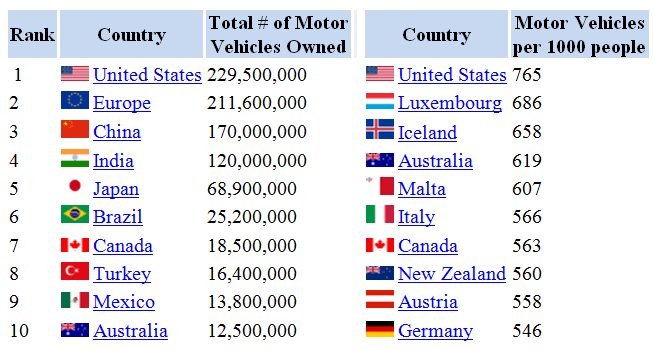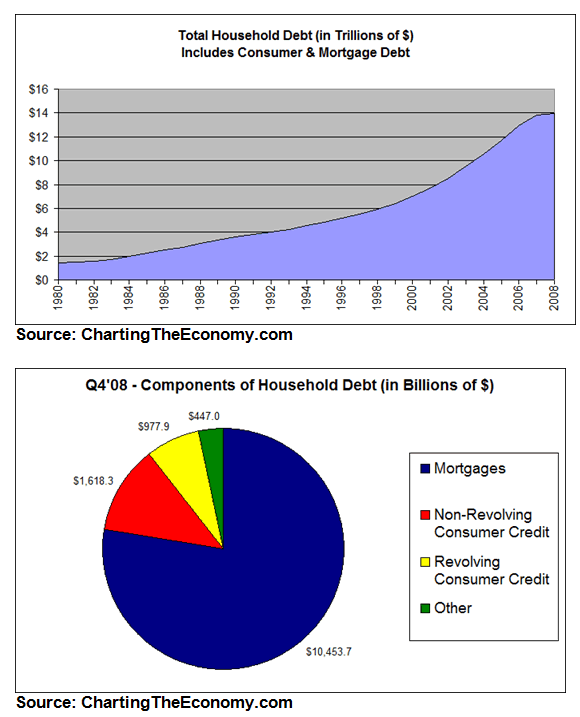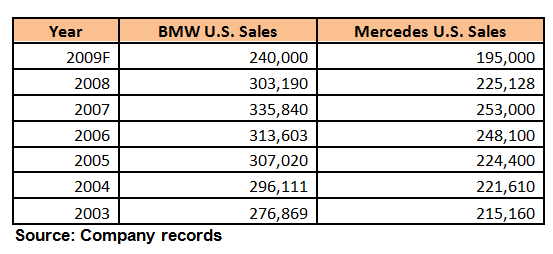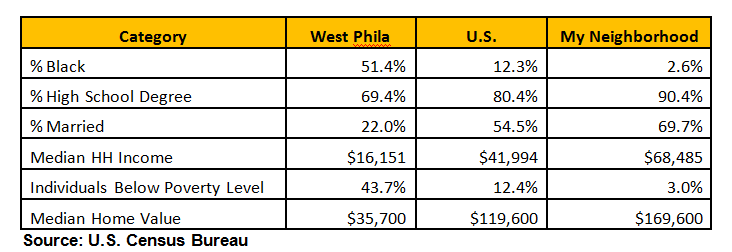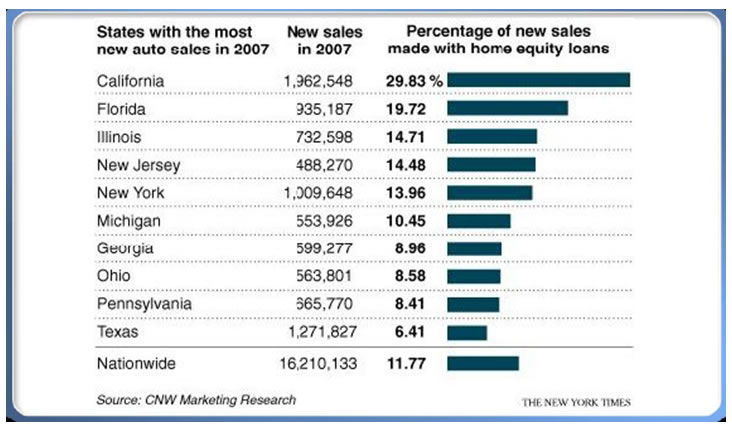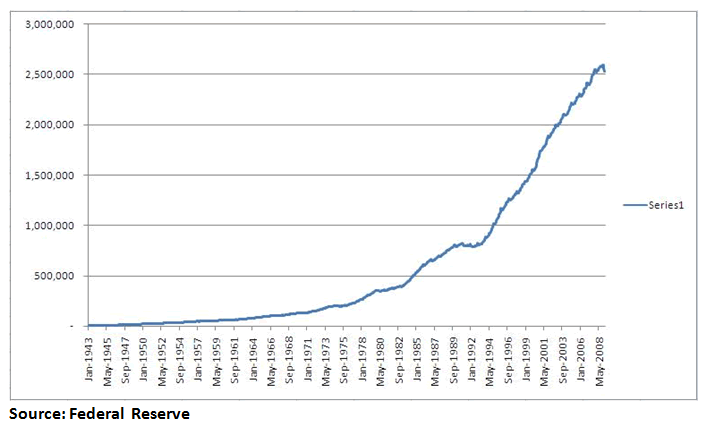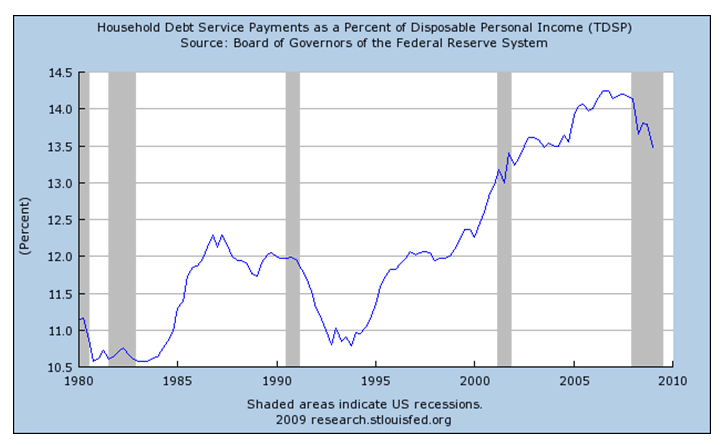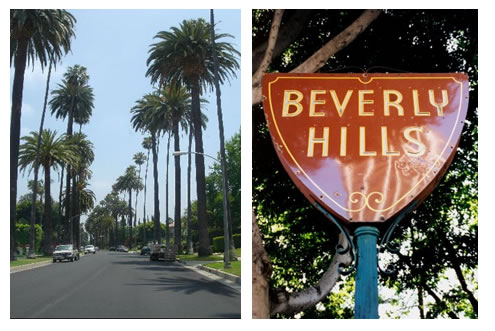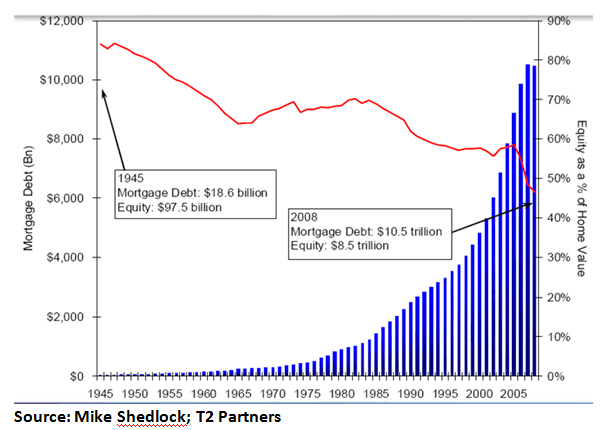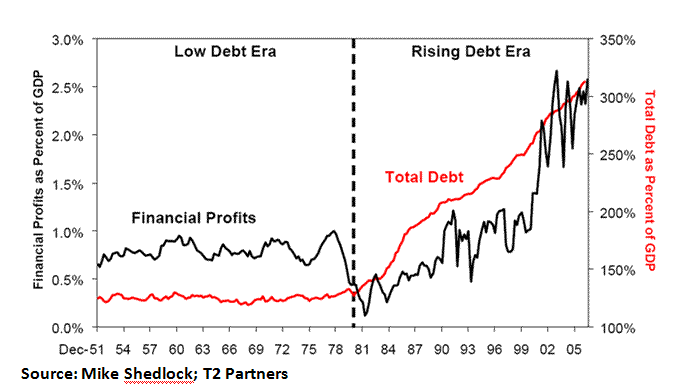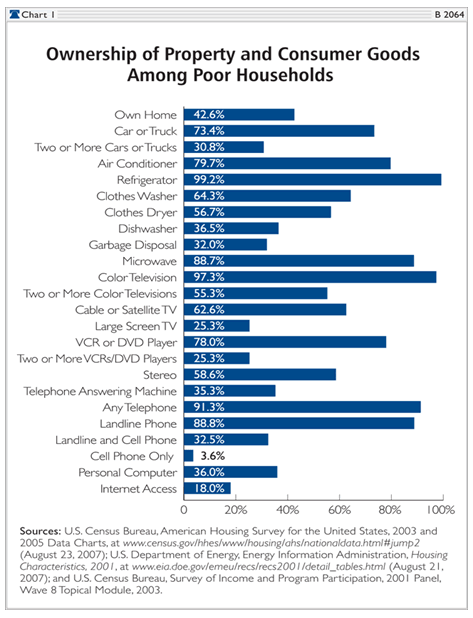Some good lines from Casey in this one, like:
“The government is the single greatest threat to an individual’s life, liberty, property, and even his pursuit of happiness.”
Editor’s Note: This conversation was recorded on July 2nd and refers to the 4th in the future tense. This is not a material point, so we’ve left it as is.
L: Hola, Doug. You know I’m not the angry type: I don’t tend to walk around with a chip on my shoulder. Still, I find myself irritated around this time of year, as person after person wishes me a happy “4th of July” – as though the passage of the fourth day of this or any month had any significance whatsoever. It’s Independence Day. Successful rebellion against tyranny is what all the fireworks are about, not just some random long weekend that gives people more time to drink beer and distract themselves from maxed-out credit cards with fireworks. What do you make of this annual showcase of doublethink?
Doug: I totally agree with you. One particular irony is that real fireworks are basically illegal these days. We are supposed to be celebrating the fact that individual farmers, coopers, and carpenters had the firepower to throw off their government – in a society that now disallows the average individual to own more than sparklers.
L: Well, there are loopholes. I buy my fireworks on an Indian reservation. Mostly high-lofting mortars, the biggest I can get. I’ve got a half-kilo “cake” type firework here.
Doug: Really? That’s great! I wonder if you could hit anything with those mortars… When I was a kid, we’d make real mortars by dropping a big firecracker down a pipe planted in the ground, and then dropping a marble with another big firecracker glued to it down the pipe. Primitive, and a bit risky, but fun practical science for any grade-school kid.
L: Hm. I’m not sure I could hit anything if I tried. These are pretty hefty for civilian use; the launch tubes are not the usual cardboard, but some sort of tough resin polymer, and the mortar rounds weigh between five and six ounces. But there are no fins on the rounds, and the launch tubes are not rifled, so I doubt they’d be very accurate. In my younger days, I might have done some tests to see what I could blow up with one, but my little ones get such a kick out of seeing them go off in the sky, that’s where they’ve all gone.
But I take your point. It is ironic that I have to find a scrap of land populated by the descendants of the people who lived here first to buy supplies – all made in China – to celebrate the imaginary freedom of the descendants of those who crushed them and took their land.
Doug: The sad history of American Indians is a topic we can get into another time. It’s the imaginary freedom you mention that I’d like people to think about now, as they decide whether to celebrate “Independence Day,” or the “4th of July.”
L: What percentage of U.S. citizens even think about the meaning of Independence Day on the fourth of July?
Doug: Whatever it is, I would say it’s smaller than the percentage of so-called Americans who’ve actually read the Declaration of Independence.
L: That’s not many.
Doug: The correct statistical term is “teeny-weeny.” And sadly, in a country where you can’t even light a sparkler 364 days a year without the neighbors calling a SWAT team in on you, the chances of the people rising up as commemorated on July 4 are… trivial to nonexistent. It’s a pity how the political class can lord it over the serfs, because the serfs are still well fed.
L: Setting us up for a long “history of repeated injuries and usurpations.”
Doug: That is, after all, what the state does for a living – including the one in the U.S. We should talk about that. There are a number of points in the original “Unanimous Declaration of the thirteen united States of America” [Ed. note: capitalization, including “united,” as in original] that are worth thinking about today. I strongly recommend reading the whole thing to all our readers, and all people around the world – it takes no more than ten minutes. Despite the fact that everyone has heard of the Declaration, and despite the fact that it contains very important ideas, almost nobody has actually read it – including the pompous talking heads who pontificate in the media about “America’s birthday.” Regrettably, America has largely ceased to exist, having been replaced by the United States.
L: Or the United State. I’m with you on this one: The Declaration of Independence is a good read, and many, if not most of Jefferson’s grievances against old King George are just as applicable to the U.S. government today. Let’s talk specifics.
Doug: Specifics are critical, as is precision in defining words and ideas; it’s part of what differentiates intelligent discourse from a rant. Let me start off by saying that the Declaration adopted by the Continental Congress on July 4, 1776, is not perfect. Right off the bat, the Declaration says: “When in the course of human events, it becomes necessary for one people to dissolve the political bands which have connected them with another …” But the American states were not one people – anything but. Different religions, different languages, different traditions, different customs – and that’s just among the European inhabitants.
When the American Revolution started, it was in many ways a civil war as well. As it turns out, only about a third of the European population of the colonies actually wanted to sever their connection to the crown of England. It was rather bold for the men who assembled themselves in congress to presume to speak for “the people” and set them on such a dangerous and costly course – that of war. It was a huge arrogance, and an object lesson exploding the myth that the so-called representatives of the people actually represent the will of the people. A lot of black slaves, and even Indians, enlisted with the British against the Americans.
L: I’ve read that too. And many of the loyal British subjects who did not want to partake of rebellion found themselves surrounded by enemies and eventually on foreign soil in their own homes. A good bunch of them ended up moving to what became Toronto, and the Queen of England is still nominally the Canadian head of state.
Doug: That likely wouldn’t be the case if Benedict Arnold had succeeded at the first U.S. invasion of Canada, in 1775. But British sympathizers had to leave under very… unpleasant circumstances, not the least of which being leaving their property behind. It could have worked out worse for them, of course – look what happened a few years later with the French revolution. Maybe we should talk about that, come quatorze juillet. But the point is that the Declaration was not quite as unanimous as many would like to believe. I say that in the interest of intellectual honesty, even though I’m a big fan of the sentiments in the Declaration.
L: Fair enough. I also think it’s important because people who speak of “unifying” the country today – who imagine they can get everyone working together under some brave new banner – are dreaming. It’s just as crazy a dream as the Soviets had, when they imagined their next five-year plan would unite all the workers to pull unanimously in one direction.
Doug: I’m congenitally suspicious of anybody who wants to “unite” people. Most often they’re collectivists who want everybody to follow the party line, become lemmings, and drink the Kool-Aid. Horrible busybodies.
Anyway, the next famous line I think is particularly worth looking at is that of the unalienable rights: “Life, Liberty and the pursuit of Happiness.” I note that in the Individual Declaration of Independence you wrote in 1996, you amended it to: “Life, Liberty, and the Pursuit of Property and Happiness.” We should link to your Declaration, so people can see what I’m talking about. I wish the original had the same emphasis on property you put in.
L: Well, I should explain that I declared independence from the U.S. approximately 15 years ago because I’d had enough of the long history of abuses and usurpations of the day – particularly the Waco massacre. As you note in your first point, I didn’t think my fellow Americans would unite as one people to oppose murder and mayhem paid for with tax money extracted from us by force. I also did not – and do not – believe it was necessary for me to wait for or have anyone else’s approval. I did not apply for citizenship elsewhere. So, in my view, I am not a U.S. citizen; I am a sovereign individual.
This may seem rather fantastic, in the literal sense of the word, to most people. I’m aware that the U.S. government never replied to nor acknowledged the Declaration I published – with the same sincerity and perhaps more honesty than the Continental Congress published its Declaration. Uncle Sam still considers me a tax slave, along with the rest of the herd. But to me it was more than symbolic: It cleared any mental clutter that might have prevented me from my pursuit of Life, Liberty, Property, and Happiness… It opened the door for me to become an International Man.
Doug: I congratulate you on being ahead of the curve on that… Although I suspect that if you sent it to them today – now that the ridiculous Forever War on Terror has been declared and the Department of Homeland Security established – you might have to deal with a dawn raid on your house. The Declaration of Independence has become a piece of subversive and seditious literature, and those who take it seriously… should be careful.
L: Thanks, but now back to your point. It is my understanding that Jefferson actually did originally write “Life Liberty and the Pursuit of Property.” But, as you say, there was not unanimity on the idea of declaring independence, and the declaration was amended a lot before it eventually passed. For some reason that escapes me at the moment, the pursuit of property was changed to the pursuit of happiness. I also understand that Jefferson had originally included language that would have freed the slaves, but that was struck to the gain the votes of the southern states, and that Jefferson predicted there would be trouble over the issue within a hundred years – just about the time when the War Between the States erupted.
Doug: I didn’t know that.
L: You still don’t – you just have my assertion. But 1776, the play, has an entertaining and educational telling of the story. At any rate, I got my idea for the pursuit of property – an essential human right – from Jefferson.
Doug: Well said. A pity they removed it – just goes to show there were cracks in the Liberty Bell before it had been rung.
L: [Chuckles] Okay, what next?
Doug: The part where it says that, “whenever any Form of Government becomes destructive of these ends, it is the Right of the People to alter or to abolish it …” We’ve talked about the War Between the States already, but I think it’s worth pointing out that this language basically guaranteed the right of the southern states to withdraw from the union. It just goes to how the Declaration had become a dead letter long before today. Most of what the colonists complained the king was doing is now being done – and to a vastly greater degree – by the U.S. government.
L: I see it that way too: Southerners did not march under the banner of ensuring the survival of slavery, but “states’ rights.” That term has negative associations these days, but at the time, those states thought of themselves as independent countries that had a right – guaranteed in the founding documents of the union – to leave that union when they no longer saw it to be to their benefit.
Doug: Yes… I don’t recall how Lincoln, who was a good rhetorician, finessed that point.
L: I think that just like a politician today, he largely ignored it. I don’t think anyone could logically get out of it. Instead, the argument was that “a house divided cannot stand.” And that European powers would take advantage of a divided America and attack.
Doug: Irrelevant to the point, and wrong to boot. At any rate, I think it’s worth reiterating that when the cost of participating in any society exceeds the benefits of belonging to that society, people have the right to remove themselves. That can be individually, as you did – if only in principle and theory – or in groups. But in the latter case, I’d say it has to be truly unanimous for all members of a group. No one should be forced to be part of a union they object to.
L: That’s probably going to sound logical, but impractical to many people. Perhaps we should refer them to our conversation on anarchy.
Doug: It’s a pity that the words “principles” and “politics” sound contradictory when used in the same sentence. The next bit I think is worth another look states: “mankind are more disposed to suffer, while evils are sufferable, than to right themselves by abolishing the forms to which they are accustomed.” It’s like the old saw: “Better the devil you know than the one you don’t.” People know that things can always be worse, and as bad as the situation is in the U.S. today, it’s definitely true that it could be worse.
L: It hasn’t gotten to the point where we would be arrested for having this conversation.
Doug: Yes, but for how long? Maybe we should talk faster… At any rate, people in the U.S. still enjoy a relatively high standard of living, even if that’s largely because they’re living off of capital and debt. It’s enjoyable living in a paradise, even if it’s a fool’s paradise. So of course they are reluctant to see serious change. Things might get worse.
L: I’ve never taken that part of the Declaration to have been an argument. I don’t think Jefferson thought there shouldn’t be change more often – his writings show that he expected tyranny to grow back and have to be overthrown frequently. I see it as a psychological observation on his part; it’s just the way people are that they will put up with a great deal of injustice – until it becomes unbearable for a critical mass among the population. The status quo has momentum, and there are psychological reasons for this. A revolution or big social change generates a lot of costs and uncertainties, both of which people avoid. Real change comes at such a high price, people put it off as long as they can.
Doug: Agreed. I think that’s a correct statement of fact in the Declaration, and I’m afraid it’s bearish for the U.S., because it seems pretty clear that as bad as things are for many people, we have not yet gotten to the point where a large fraction of the population would actually consider overthrowing the government by force. Things will have to get much worse before they can get better. That’s what Lenin meant when he said “The worse it gets, the better it gets,” although his intentions were not good. But that’s further proof of how dangerous revolutions are.
L: As long as the rent-to-own furniture fills the living room, American Idol remains on the flat screen, and the minimum payments on the credit cards cover this weekend’s fun, why should we expect the masses to get out on the street and face real danger? The gilding has not yet come off the bars on the cage.
Doug: Yes, well, we’ll see how things look in a few years when a majority of the population can’t make its minimum payments and has to confront the grim reality of downsizing its lifestyle. We should come back to this at the beginning of July in 2014. I’ve got a feeling we’re going to look back at July 4, 2011 as the good old days.
L: I’ll try to remember that – if we’re still having these conversations.
Doug: A foreboding thought… So next we come to the long list of grievances the colonials had against King George. As written, some of them are just issues of the day, such as the rather quaint one accusing the king of “bring(ing) on the inhabitants of our frontiers, the merciless Indian Savages, whose known rule of warfare, is an undistinguished destruction of all ages, sexes and conditions.” But most of them really ring a bell. It’s striking how applicable they still are today. Or are again today, if you update them for modern times, as you did in your Individual Declaration of Independence.
L: For example?
Doug: If you change “He” for King George to “It” for the U.S. government, you get things like:
It has endeavoured to prevent the population of these States; for that purpose obstructing the Laws for Naturalization of Foreigners; refusing to pass others to encourage their migrations hither …
As we discussed in our conversation on immigration, that’s certainly still true today. But this isn’t a good example because, I fear, most voters in the U.S. are anti-immigration and want to bar the doors. So, a better example would be:
It has made Judges dependent on its Will alone, for the tenure of their offices, and the amount and payment of their salaries.
The federal judiciary system today is thoroughly corrupt – perhaps even more so than the King’s judges were in 1776. The U.S. government employs both judges and prosecutors – that’s a clear conflict of interest right there. Federal judges – prominently including those on the Supreme Court – are appointed, not elected. That makes it almost impossible to hold them accountable for their decisions. And they’re all employees of the state – even the elected ones. Prosecutors are also state employees; they get promoted and further their political careers by securing convictions. The incentive in this system is not to secure justice, but to secure convictions. And the police are also state employees, of course. When the government is the plaintiff, prosecutor, and judge, defendants are at a huge disadvantage, as they were back in King George’s day.
L: Can you back that up?
Doug: I don’t have current stats, but last I saw, the conviction rate in federal cases was over 90 percent – an accuracy rate that defies belief for an organization that can’t even deliver the mail reliably. Grand juries are a sham – it’s no joke that a DA can get them to indict a ham sandwich. And our attorneys general have been a parade of goons for years: Ashcroft, Reno, Holder – these people could have worked quite happily in Auschwitz.
It is very, very dangerous that the government – not private citizens against one another – now brings the majority of the cases filed in court. Especially since, if memory serves, the only two crimes enumerated in the Constitution are treason and counterfeiting. But that’s a subject for another day.
One more thing I would add: There is private arbitration in the U.S. It’s much cheaper, faster, and more ethical than the government system – I strongly encourage people to put “consent to arbitration” clauses in their contracts and use the private systems for justice.
L: They could start by looking up the American Arbitration Association. Okay, any more examples?
Doug: Yes; see if this sounds familiar:
“He has erected a multitude of New Offices, and sent hither swarms of Officers to harrass [sic] our people, and eat out their substance.”
It’s particularly egregious to see ourselves back in this same pickle. We have a largely unauthorized and unaccountable fourth branch of government in all the alphabet soup agencies: ATF, FBI, DEA – now DHS – DOL, DOA, DOE, DOC, IRS, FDA, SEC, and on and on. These parasites literally swarm over the countryside, making it all but impossible for an honest man to earn a living off the sweat of his brow.
L: It’s sad, really… I realize that 235 years is a long time, but it’s amazing that the descendants of people who rose up against their government over a three pence per pound tea tax, or whatever it was, exactly, now submit to 30% life-confiscation (taxes) – or even 63.4% life-confiscation, if you go by “cost of government.” Who are these people? How can they celebrate “the 4th of July” without an inkling of how deeply they betray the revolution they toast?
Doug: Well, lapdogs are descended from wolves. I suppose they imagine themselves as sons of wolves, not lapdogs, even though they’ve actually evolved into a different species – as have Americans.
L: [Sighs] Ouch. My take is that generations of propaganda and government schooling have destroyed the average U.S. citizen’s ability to engage in real, critical thinking and inculcated a culture of dependence and entitlement. Maybe not a separate species, but this is not a problem that can be fixed in a day, nor with the simple turning of a new page. It would take a lot of re-education, de-programming, or maybe just generations of facing harsh economic realities to really regain the independent American spirit that made America great.
Doug: Let me stand corrected. Lapdogs are only a different breed, not a different species. Released from captivity, their descendents would revert to type—if you assume they survived long enough to do so. People have been taught to be good little cogs in the wheel. They call it being patriotic. And I agree with you that there’s no quick fix for generations of cultural decay; there is no political solution. It doesn’t matter who gets elected today; no one who can get elected could do what needs to be done. Even having a revolution today wouldn’t fix anything; given what the average citizen feels, thinks, and believes, we’d only end up with something worse.
L: We’d get Robespierre, not Jefferson.
Doug: Yes. That’s why, I’m sorry to say, I fear any radical change in the U.S. at this point. Does that make me a conservative? Anyway, next we have:
It has kept among us, in times of peace, Standing Armies without the Consent of our legislatures.
And, among other related items:
It has affected to render the Military independent of and superior to the Civil power.
Today, we have a vast and powerful military-industrial complex – not just militarily powerful, but sociopolitically dominant. Not only do we get treated to one counterproductive – and unconstitutional, if anyone cares – war after another, we get to pay $5000 for military toilet seats and similar abuses that contribute to the bankruptcy of the nation. We get roughly 1,000 U.S. military camps overseas, plus all those at home. The economies of whole counties rely on U.S. military bases, just as others rely on prisons. We also get increased hatred of Americans among the survivors of our foreign military adventures. Perhaps most dangerous of all, we get hordes of ex-military types who’ve become inured to a life of slavery and violence entering our police forces. These people have become a force unto themselves now, both dangerous and unnecessary, as we discussed in our conversation on the military. “Keeping the peace” has been transformed into “law enforcement” – this is turning the U.S. into a police state.
L: Where you can get thrown to the floor and hauled off to the slammer for quietly dancing with your girlfriend in front of Thomas Jefferson’s statue.
Doug: Or any of the other things David Galland mentioned in closing his Daily Dispatch Friday. And here’s one more:
It has combined with others to subject us to a jurisdiction foreign to our constitution, and unacknowledged by our laws; giving his Assent to their Acts of pretended Legislation …
Sounds to me just like the UN and all the U.S. treaties that subject U.S. citizens to foreign powers and interests.
Then there’s:
For cutting off our Trade with all parts of the world …
We have tomes and tomes of regulations, as well as import and export duties and such things that have the same effect – and ever-tighter currency controls, as we’ve warned readers.
And this:
For imposing Taxes on us without our Consent …
Well, I sure haven’t consented to any taxes. We could do a book on that one.
L: Heh… Let’s see the IRS dismiss its armed branch and end its draconian punishments, then see how many people pay and how voluntary the federal income tax is.
Doug: [Chuckles] In my dreams… Another:
For transporting us beyond Seas to be tried for pretended offences …
Sounds like taking U.S. citizens to Guantanamo Bay and calling them “enemy combatants” so as to avoid the U.S. Constitution and any established law. Or, much worse, executing people based on suspicion alone. The Orwellian “Patriot Act” comes to mind.
One more:
For depriving us in many cases, of the benefits of Trial by Jury …
In the U.S. today, juries are absolutely denied the right to determine the justice of the law. In the past it was understood that they had not only the right but the duty to seek justice – not just to enforce laws as instructed by some judge. But we’ve talked about fully informed juries before. I consider this an unconscionable usurpation.
That’s enough of that; all of these things are unconscionable – even though they’re passively, supinely, accepted by the whipped lapdogs that Americans have devolved into. I think our readers will get the picture: The current government of these forcibly united states is much, much more dangerous and capricious than the monarchy our ancestors rebelled against.
But there’s one more thing in the Declaration’s closing thoughts particularly worth noting:
A Prince whose character is thus marked by every act which may define a Tyrant, is unfit to be the ruler of a free people.
That certainly describes the situation in the U.S. today. The government is not the friend of the people, nor their protector, nor their benefactor. The government is the single greatest threat to an individual’s life, liberty, property, and even his pursuit of happiness. It’s unworthy of the support people give it. It’s an entity with a life of its own.
L: Strong words.
Doug: I’m not saying we ought to have a revolution, because as I said before, in the current cultural and intellectual environment we’d just end up with something worse. But the fact that the fire is worse does not make the frying pan a good place to be. This is why the U.S. government doesn’t have to worry about me becoming a rebel nor fomenting a revolution; I truly believe it would only make matters worse.
It’s also why I’ve chosen to step aside from the coming troubles. It’s not that I don’t care about America – I loved the America that was – but that I don’t think risking life and limb will do the kind of good it did our forefathers. And I would encourage our readers – who are smart enough to see what’s coming – not to fall prey to misguided ideas of patriotism. We have no moral obligation to rescue those who try to vote themselves free lunches at our expense.
L: Has it ever crossed your mind that, particularly in a so-called democracy, people may actually get the government they deserve?
Doug: Yes, indeed it has. On a philosophical plane I’ve always believed that, with a few random exceptions, everyone gets what they deserve. Actions have consequences. It’s as simple as that. Cause has effect, what goes around comes around, and you generally reap what you sow. The residents of the U.S. broadly accept all kinds of unsound, unwholesome notions. Reality is going to reward them with a lower standard of living, and a lot less respect from other people. The universe isn’t malevolent, but it is disinterested. Residents of the U.S. will find that they’ve forfeited the right to consider themselves some kind of chosen people.
L: Okay then… Investment implications?
Doug: Well, as I’ve been saying, the more free and unregulated an economy, the more it’s possible to invest – that is, to allocate capital so as to increase wealth. But as the government grows in scope and power, the economy becomes less stable and you have to switch to speculating on the outcomes of government distortions in the economy. That’s the kind of economy we’re looking at for some time. Most unfortunate. But we needn’t be adversely affected.
L: No particular Independence Day plays, I suppose…
Doug: No. This is just a public service announcement. Word to the wise. Instead of wearing red, white and blue, people should wear black on the fourth of July, to mourn the passing of the spirit of independence that was once America’s greatest virtue and driving force.
L: Okay then, thanks for another somber, but, I believe, important set of ideas.
Doug: You’re welcome. Enjoy your mortars! I hope the police don’t mistake them for IEDs.
L: Me too!





























